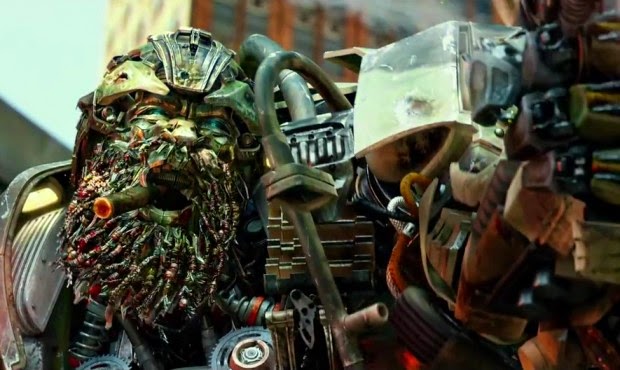Since Lehman filed for bankruptcy on Sept. 15, 2008—crashing the market and helping to trigger the financial crisis and Great Recession—it has mostly been selling off what was once a staggering $639 billion in assets and trying to liquidate its massive web of investments. Yet at the offices of Lehman Brothers Holdings, on the 40th floor of the Time & Life building (just 16 floors above Fortune’s offices), someone was still buying stocks as recently as last winter. The remnants of the portfolio are a reminder of just how complex—and financially vast—an entity Lehman was, and the time and effort it has taken to wind down its assets. Seven years later, that unwinding process has no end in sight.
Lehman Brothers Holdings continues to quietly manage a stock-only portfolio—albeit a relatively puny one. According to Lehman’s latest SEC filing, as of June 30 the portfolio had just under $1.2 million in assets, the only individual equity positions that Lehman currently discloses. That portfolio now holds two stocks: Texas-based marketing firm Bazaarvoice BV (its top holding at $934,000) and insulation maker Aspen Aerogels ASPN,
But in March, Lehman owned a good deal more: It reported that the value of the stock portfolio had soared to $38 million in the first quarter of 2015, up from the $1.6 million reported at the end of 2014. Lehman had apparently received a windfall early this year, with which it bought $33 million of AlcoaAA shares and $3.6 million worth of Norwegian Cruise Line Holdings NCLH, exchanging the $2000 worth of UBS UBS shares that it held in December.
Still, Lehman’s current two-stock portfolio is a sliver of what it was a year ago, when it had $48.4 million invested in seven stocks: Besides Aspen Aerogels, Bazaarvoice and UBS, it also owned Warren Buffett’s Berkshire Hathaway brk.a, General Electric GE, publisher Houghton Mifflin Harcourt HMHC, and Synovus Financial Corp. SNV. The surprise? None of those positions appear to be leftovers from a pre-financial crisis fund: Lehman bought all of those stocks in 2013 and 2014, according to Bloomberg data.
Lehman Brothers Holdings would not comment on the trades or its ongoing restructuring efforts. But a source familiar with the liquidation process confirmed that Lehman still manages an equity portfolio “primarily to maximize value to pay back creditors”—as the bank’s ultimate mission (and reason for continued existence) is to repay its debts.
They are trading to pay debt but it sounds like its being managed pretty well. Interesting situation.
